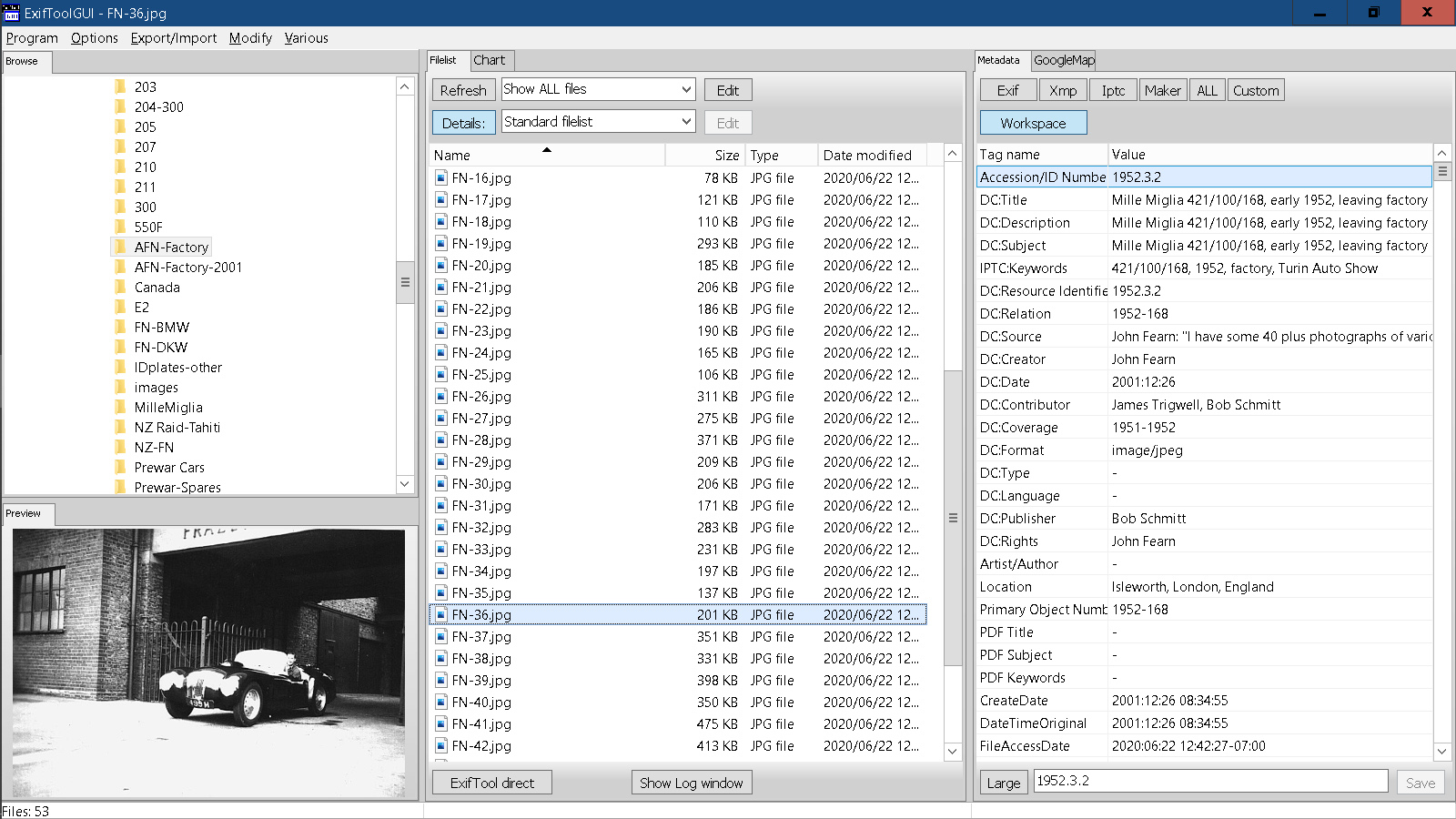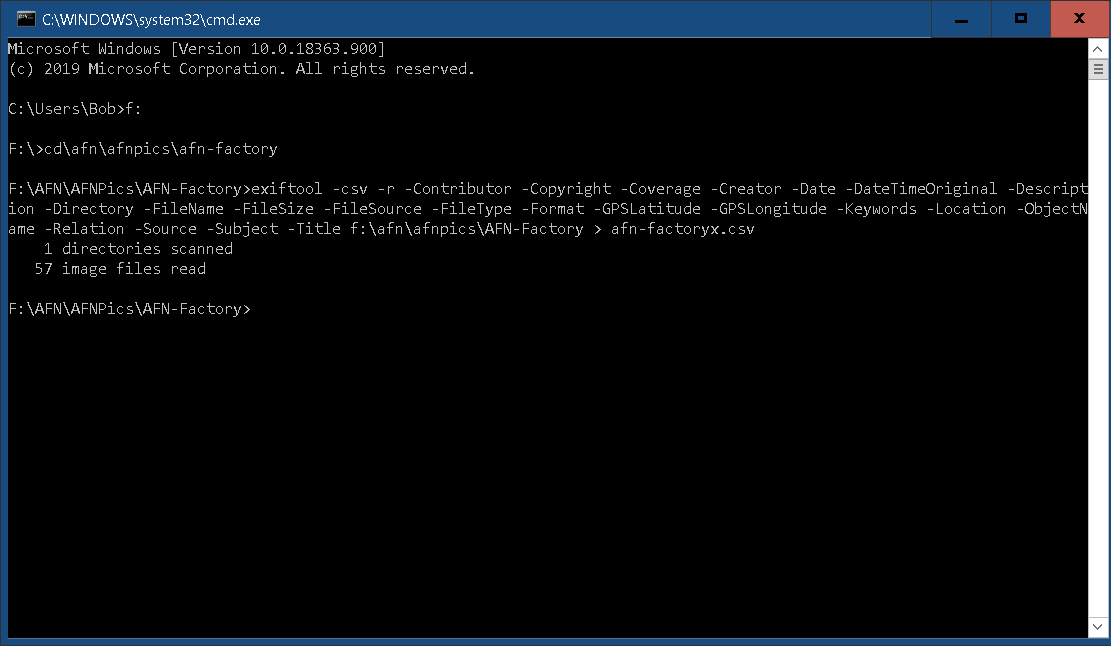

GUI for ExifTool to patch Canon ISO information. Allows to modify EXIF dates, keywords and GPS for images. Provides metadata-based navigation and advanced searching capabilities. Handles lot of media formats for images and videos.

Show/Edit GPS infos of local photos through a map. Where possible, these specifications rely on existing standards, and aim to create a unified and cohesive approach to applying these standards. These royalty-free specifications are made available to software developers, manufacturers and service providers so that they may create products that use metadata in a consistent way, and that allow consumers to better describe, organize and find their media. The MWG publishes technical specifications that describe how to effectively store metadata into digital media files. The Metadata Working Group (MWG) is a consortium of leading companies in the digital media industry.


Users choose among them based on factors such as the availability for the user's platform, the feature set and usability of the user interface (UI). Usually a metadata viewer is preferred over a metadata editor for viewing tags.Ī number of metadata editors for various platforms exist. If someone provides a drop-in solution like there is with exiftool then it will go faster.This article presents a comparison of digital image metadata viewers and metadata editors.Ī metadata editor is a computer program that allows users to view and edit metadata tags interactively on the computer screen and save them in the graphics file. Without help this is likely going to take more than a year of low time comittment work. Extract the extended filesystem attribute cleanup into a single NPM package, or C/C++ tool with Node CAPI extension.Find an existing command tool, perhaps C/C++ or Powershell that cleans Windows extended filesystem attrs.If possible find a single tool that deals with all the Linux file systems uniformly.There is probably variation between the Linux filesystems. research the extended filesystem attributes more.Investigate if there are any extended filesystem attributes that mdls -c still leaves behind and how to deal with them.Or pass multiple files at once to a single process per-CPU core.If possible figure out a way to keep the mdls process alive in a process pool and keep them alive to process multiple files to minimize process overhead, like is done with exiftool.spin up an extra mdls process to read extended filesystem attributes in the "# exif before" column, then another one with the -c flag to clear them, then another one to populate the "# exif after" column.


 0 kommentar(er)
0 kommentar(er)
